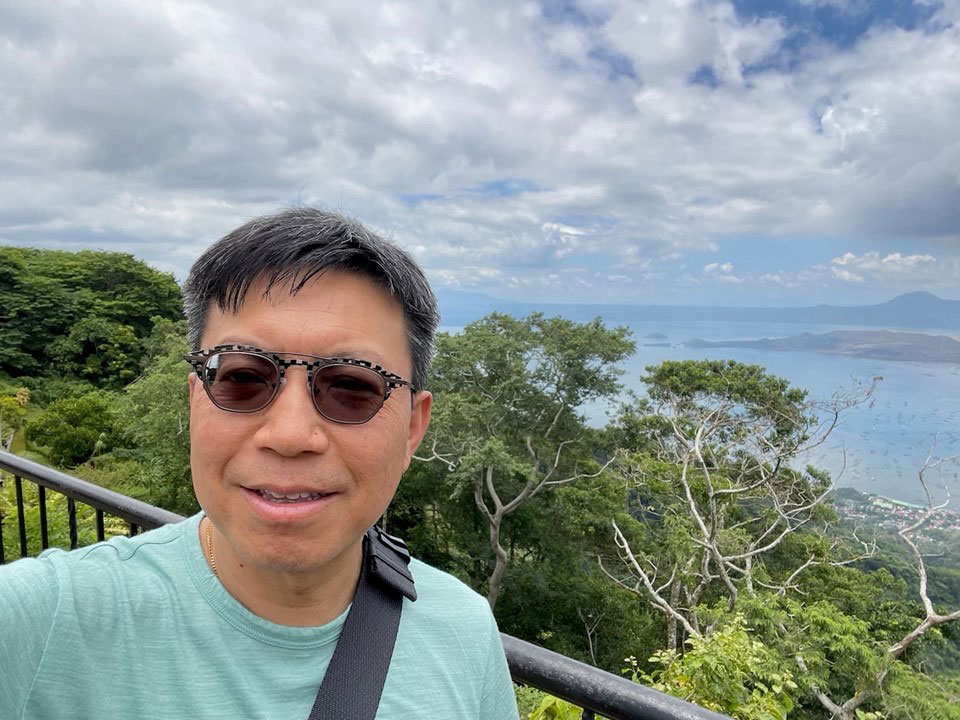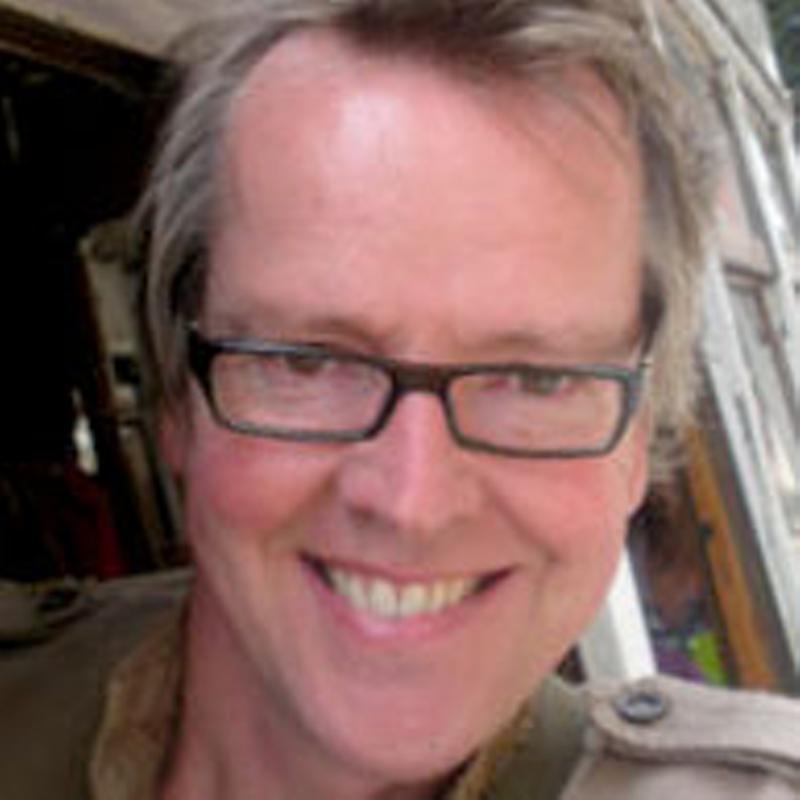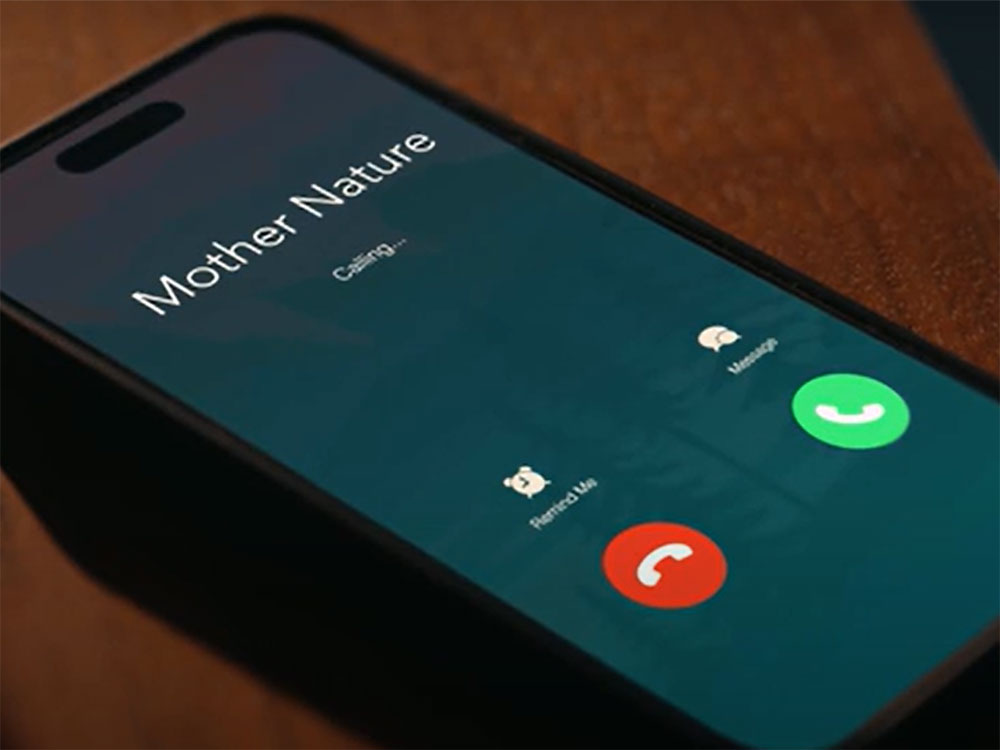Sonny Wong is a marketer. As a principle at the firm of Hamazaki Wong, he is adept at pushing products – some, he admits, the world doesn’t need. But, he realized, this has led him into an ethical conundrum. “How can I possibly sell more stuff in a world that can't produce more stuff?” he says. “And that dissonance is what led me to believe that the world needs the Nature Agency."
With downtown offices on Howe Street, Hamazaki Wong Marketing Group has worked on campaigns for Return-It, BC Hydro, the Vancouver Whitecaps, and the Green Party of Canada, as well as large corporations like Audi and Air Canada. But Wong wanted a new client.
“The idea was creating the Nature Agency in the same way that we use traditional marketing and advertising to sell goods and services. Why don't we apply that to nature, to give nature a voice?”
“If you think about the conundrum we face, all the riches and prosperity in the world come from nature. But nature is cash poor. So our job as an agency is to facilitate, to understand, and help people understand that as well.”
“It always starts with simply creating awareness,” Wong says. “We're at the beginning of this journey to create that awareness.”
The initial 30-second ad from the Nature Agency offers a simple appeal, a call (literally) from Mother Nature to turn off the TV and get outside. Watch it below:
It may seem like preaching to the choir. But Wong says the starting point is reaching those who are not already attuned to the message.
“David Suzuki said in the New York Times last October that the environmental movement has failed. Certainly they've succeeded with the choir, but there's that 70 per cent of the audience that's not really getting it.
"That's what we're talking about, that 70 per cent, what we call the movable middle. This large swath of people, they're just living their lives, going to work every day, picking up their kids, going to the gym. They've lost that connection.
“So in the beginning, it's just creating that awareness to say, look, you've been disconnected from nature. You're living in the Anthropocene. How does that compute with how you should be conducting yourself? The first thing is just to make people understand nature isn't here to just serve us. We are part of nature.”
Wong and co-founding director Bourke Marrison had little trouble recruiting a team with broad expertise to help launch the Nature Agency and work on its campaigns. As the non-profit’s web site explains: “We are disaffected marketers, creatives, storytellers, knowledge keepers and data geeks who have worked with A-list clients and organizations…. Fundamentally, we know the welfare of Nature now depends on humanity, on us.”
Agencies need funding, which can be tricky when the client is nature — owls, for instance, can really only pay with mice and voles. “Our funding right now has come from donors and foundations,” Wong says. “The North Family Foundation is one of our significant donors, and we are speaking to others as well. Our goal is to be self sufficient, where we have other revenue sources that can play a role, but it's probably too early to get into that.”
Wong speculates that one approach could be product sales. “Our website could sell seeds and other paraphernalia you may need to have a pollinator garden, for example.”
“It could also include funding from governments. We have engaged media partners. Rogers Sports Media is one of our key supporters — we have a program for media called '1.5 percent for Nature.' That means we're asking them to provide 1.5 percent of their media space in support of our efforts.
“It could also include us as a nature agency, a not-for-profit, working with for-profit companies who want to have a better understanding of how they can incorporate nature and biodiversity in the work that they do. And I'm not talking about greenwashing, because we want to stay away from that.”

Greenwashing, the practice of running ads intended to burnish the ecological reputations of oil companies and other large corporations whose products frequently end up fouling air and water and littering landscapes, is presently the best-funded form of climate-themed advertising.
Wong admits that greenwashing marketing is well-funded. “But that doesn't mean that we should not do what we're doing,” he insists. “If there are significant forces posing obstacles, the answer is to get around the obstacle and address it in a way that hasn't been done before. But you're always going to have that kind of opposition.”
Wong says as the campaign develops it will introduce different strategies people might employ, such as pollinator gardens. “There are many actions that that people can take. Our goal is not just awareness but education as well. That's where our website will play a role, as well as partnerships with like-minded environmental organizations or partnerships with academia.”
And because nature is everywhere on Earth, Wong has a global vision for his project.
“The thing that excites us is that the Nature Agency is starting in Canada but every country in the world needs an agency,” Wong says. “So we could partner with other marketing agencies in different parts of the world who have the same perspective, and be able to deliver the kinds of information and awareness that we are propagating, to audiences around the world. Every country has a different ecosystem. They have different sensibilities, different ways they are engaging with nature.
“I think customized solutions could be available around the world. Our goal is to create a culture of environmentalism by allowing information and awareness to change the narrative.” ![]()
Read more: Local Economy, Media, Science + Tech, Environment

















Tyee Commenting Guidelines
Comments that violate guidelines risk being deleted, and violations may result in a temporary or permanent user ban. Maintain the spirit of good conversation to stay in the discussion and be patient with moderators. Comments are reviewed regularly but not in real time.
Do:
Do not: